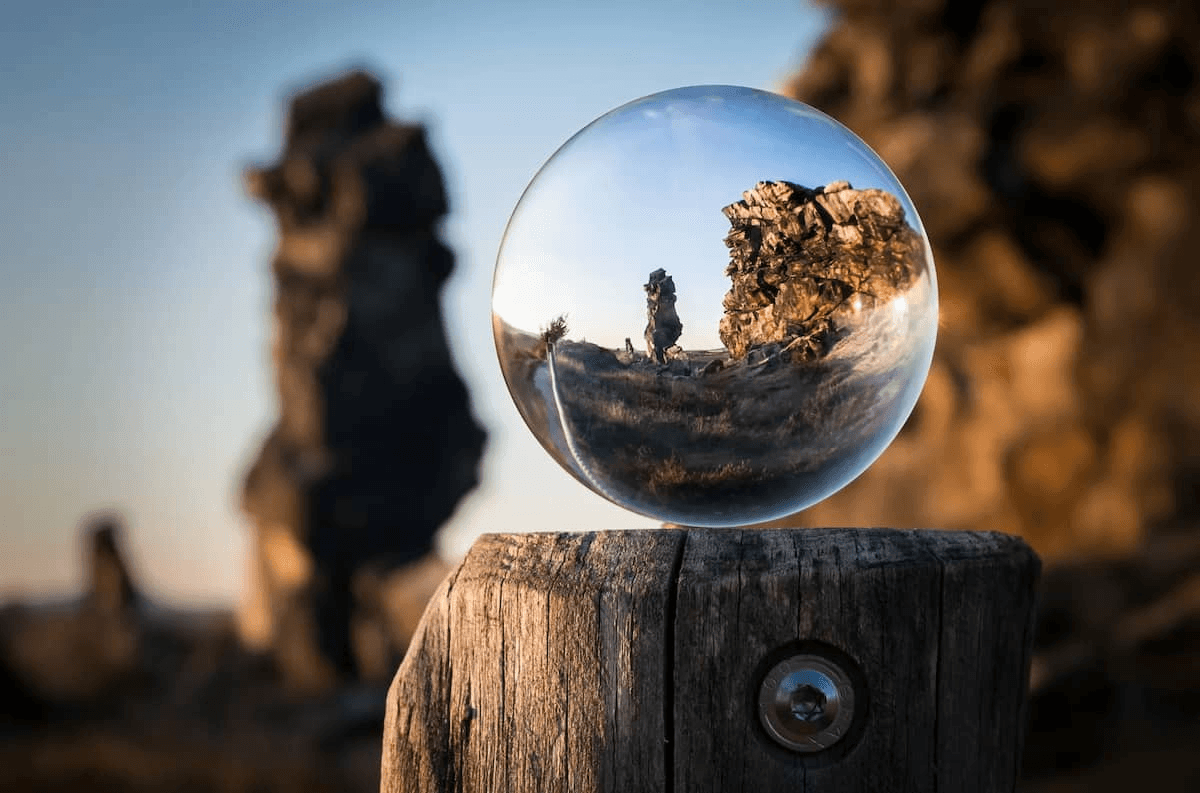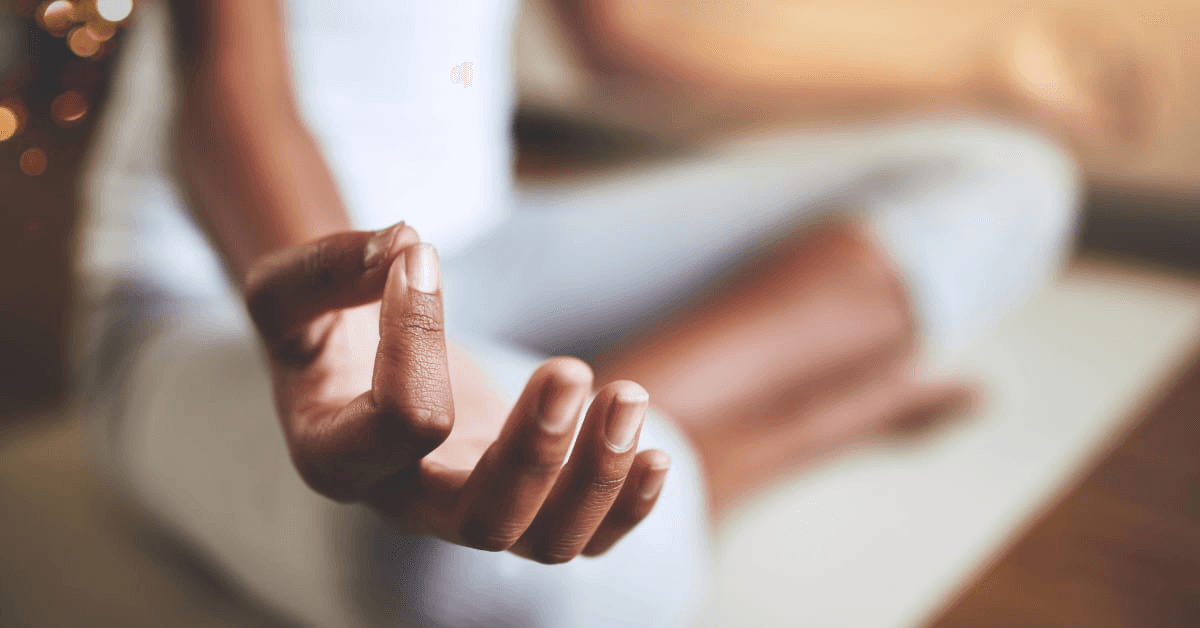Mindfulness in Higher Education: An Anchor Amidst the Storm

By Victoria Fontana, Mindfulness & Compassion Teacher, Adjunct Professor, IE Center for Health and Wellbeing
The great institutions of higher education aren't just towers of brick and mortar. They are ecosystems of dreams, ideas, and aspirations. Throughout you can hear the constant hum of intellectual discovery and the palpable buzz of ambition. But amidst this symphony, there's also the dissonance of modern distractions. The incessant pull of technology, the weight of expectations, and the relentless deadlines. Here, in this confluence of achievement and exertion, the age-old practice of mindfulness emerges as a masterful conductor, our very own maestro of the mind, body, and soul.
What is Mindfulness?
Mindfulness is akin to a serene lake in the midst of a bustling city. It’s the practice of being intentionally aware, awake and alive to the present moment. This involves being less distracted by the murmur of ruminative thoughts. Drawing from Jon Kabat-Zinn's (2009) definition, mindfulness is "paying attention on purpose, in the present moment, non-judgmentally". Imagine, amidst the cacophony of countless thoughts, having the ability to sit by that peaceful lakeside, even if just momentarily, noticing what is happening but not getting swayed about.
The Role of Mindfulness in Sharpening Focus
In an era of multi-screen multitasking, deadlines and to do’s, our minds often feel like this Chopin’s Torrent Etude, pulled in many directions and riddled with thoughts of past regret and future anxiety. Yet, Mrazek et al. (2013) shed light on how a 2-week mindfulness training could improve cognitive function. This includes improving working memory, reading comprehension skills, and decreasing distracting rumination. In the vast ocean of distractions, mindfulness acts as a lighthouse, helping us navigate through academic and professional challenges with sustained focus and greater clarity.
Mindfulness in Relationships
Higher education isn't just about a lone search for knowledge; it's also about connections and collaboration. Students, staff, and faculty alike rely on interpersonal relationships to carry out daily tasks, collaborate on projects and stretch beyond our individual limitations. Herein lies the potency of mindfulness to enhance our interpersonal skills. People with a mindfulness practice learn to observe and identify their thoughts and feelings and adopt a non-judgmental stance towards themselves and others. Dekeyser et al. (2008) associated greater mindful observation with increased empathy and decreased social anxiety. When we learn to regulate ourselves and increase our social intelligence, we can cultivate more positive relationships and greater wellbeing. Mindfulness allows us to create bridges for our interpersonal relationships to thrive in academia and beyond.
The Balm for Academic & Work Pressures: Mindfulness and Stress Reduction
The weight of academic pressures and work-related stressors are familiar to all of us in higher education. But what if there was a way to relate differently to our worries and stress, and maintain calm amidst the storms? Although there is much yet to understand about the effects of mindfulness on stress, a recent meta-analysis indicates a correlation between meditation and reduced physiological stress markers such as cortisol levels, blood pressure and heart rate, among others (Pascoe et al., 2017). Consistent mindfulness practice is much like learning an instrument, where with continued practice, you develop mind and body shifts that support less stress reactivity. This allows us to access our resources for greater problem-solving skills and resilience.
The Deep Dive with Mindfulness
It isn't just surface-level calm. It's also a deep-sea exploration into the realms of our internal landscape. By illuminating the mechanisms of our minds, emotions, and body sensations, (even the dark corners of anxiety and discomfort), we gather deeper insight into the drivers of our reactions and behaviors, so we can cultivate what is helpful for us and liberate ourselves from the mental patterns that are no longer serving us. With this wisdom comes great agency to respond to life’s events in helpful ways and begin to form habits that support our decision-making, wellbeing, and flourishing, as well as foster peace of mind.
The landscape of higher education is a fascinating blend of age-old traditions and cutting-edge innovations. As we stride forward into the future, a practice like mindfulness can serve as the grounding force, ensuring that amidst the pursuit of academic prowess, innovation, and excellence, we don't lose touch with our sense of presence, purpose and wellbeing. Mindfulness, in its essence, is a lifelong practice – a compass that doesn't merely point us in the right direction but ensures a more enriching, balanced journey through every chapter of our academic, professional, and personal lives.
Translating Knowledge to Practice: Embracing Mindfulness
For those keen to try out, explore or develop a mindfulness practice, please join us for weekly mindfulness sessions in person and online!
Weekly Mindfulness Practice in all Campuses and Online:
From the Center for Health & Well-being, we are honored to continue growing this program. Our aim is to support our community (students, staff, faculty & alumni) develop the skills of greater self-awareness and self-regulation. Extensive research has backed the effectiveness of mindfulness in improving our attention, capacity to respond instead of reacting, manage stress, and reduce the symptoms of a plethora of conditions including anxiety and depression. These weekly practices are designed to strengthen the habit of taking a break to breath consciously, regain balance and bring our attention back to the present moment. Mindfulness, and any form of meditation, can be intimidating at first, challenging throughout, and very rewarding in the end! We look forward to practicing together.
- Full agenda on IE Connects
- One-time registration form to receive a weekly reminder
- More mindfulness resources and recommendations from our faculty at IE
References
Dekeyser, M., Raes, F., Leijssen, M., Leysen, S., & Dewulf, D. (2008). Mindfulness skills and interpersonal behaviour. Personality and individual differences, 44(5), 1235-1245.
Kabat-Zinn, J., & Hanh, T. N. (2009). Full catastrophe living: Using the wisdom of your body and mind to face stress, pain, and illness. Delta.
Pascoe, M. C., Thompson, D. R., Jenkins, Z. M., & Ski, C. F. (2017). Mindfulness mediates the physiological markers of stress: Systematic review and meta-analysis. Journal of Psychiatric Research, 95, 156-178.



